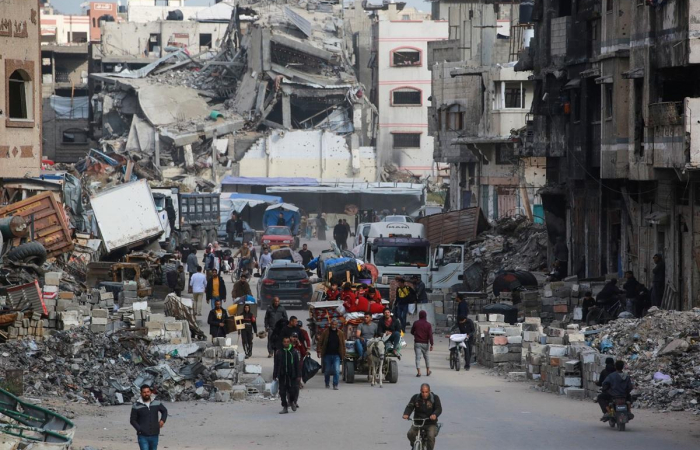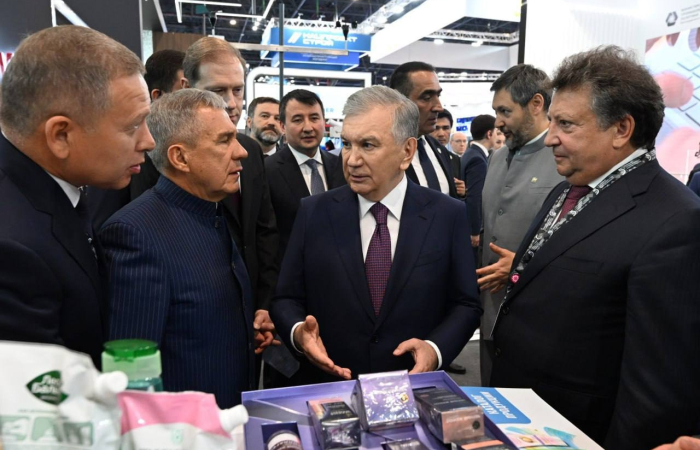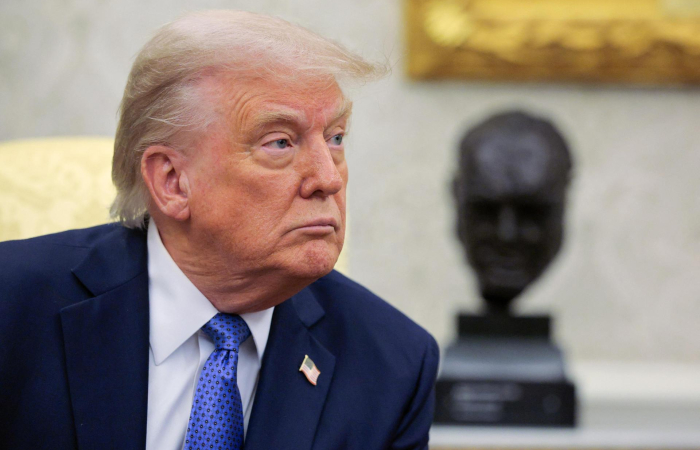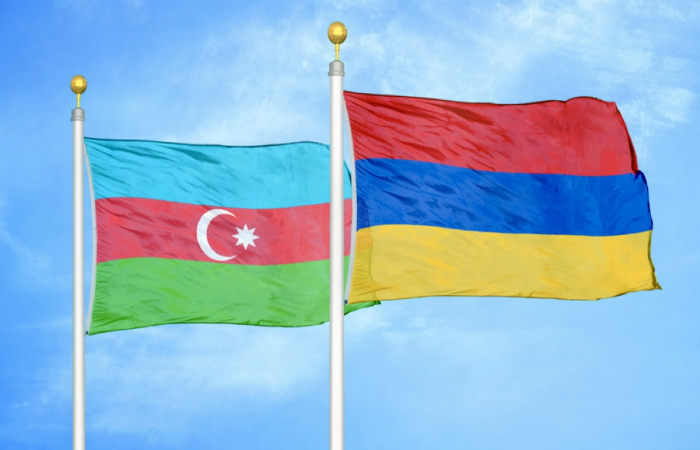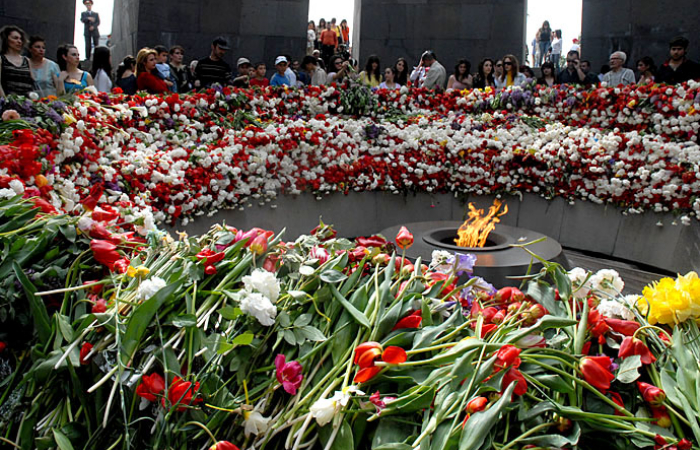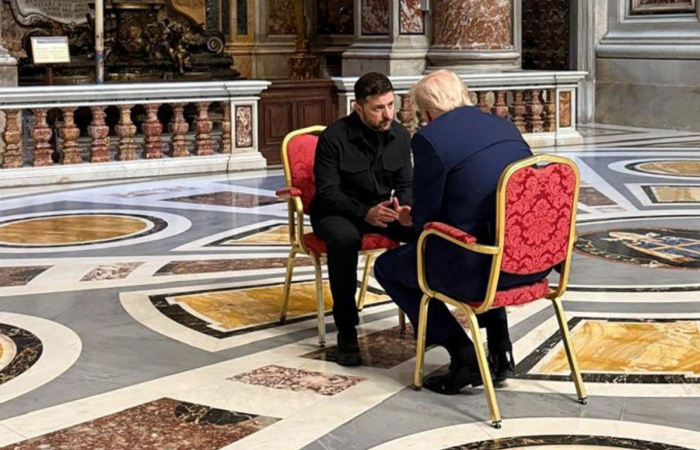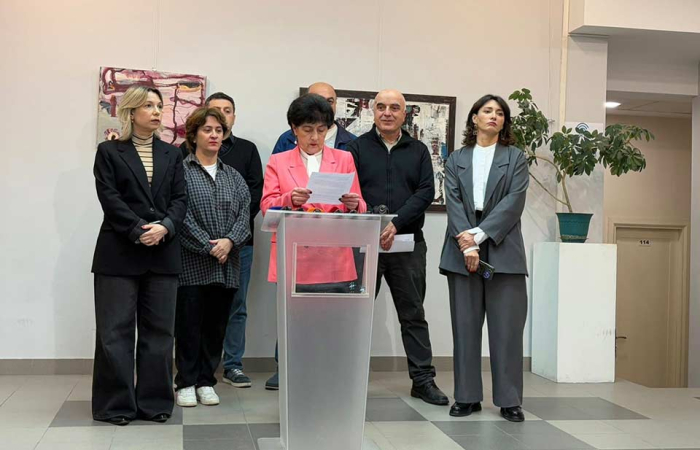Trending
Israel approves plans to capture the entire Gaza Strip
5 May 2025
Israel approved plans on Monday to capture the entire Gaza Strip and remain in the territory for an unspecified amount of time, two Israeli officials said, in a move that if implemented would vastly expand Israel’s operations in the Palestinian territory and likely bring fierce international opposition. Israeli Cabinet ministers approved the plan in an early morning vote, hours after the Israeli military chief said the army was calling up tens of thousands of reserve soldiers.



